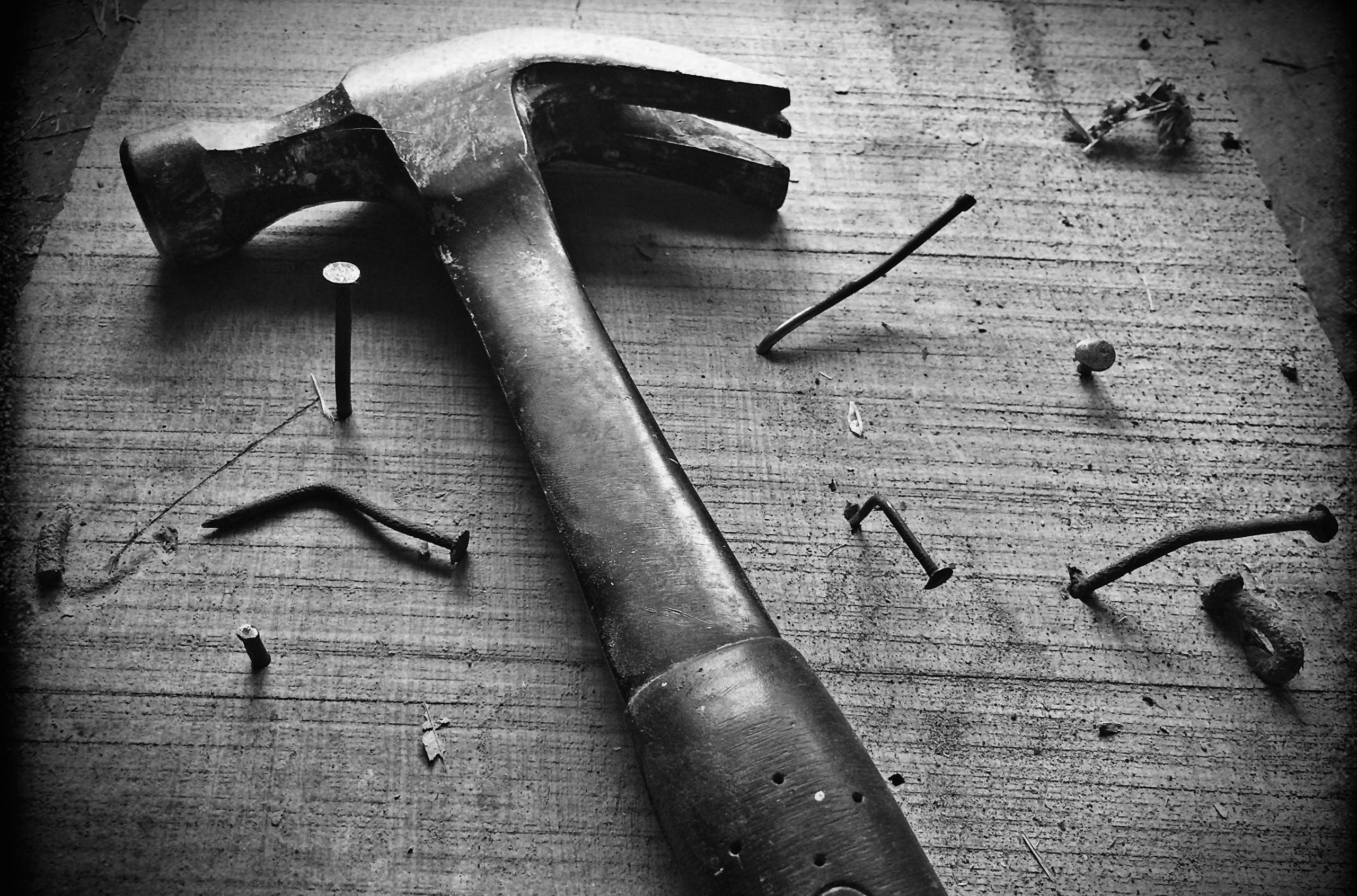I mediated a dispute a few weeks ago between a building owner and a building contractor. The contractor was a medium-sized company which had a reputation for carrying out high quality work. Not the cheapest but they always had satisfied customers. Indeed, that is why the building owner chose to use them.
The building owner went about the project properly – not like many that are featured on television who seem to start work without a proper scheme or price. He employed an architect, a quantity surveyor and a structural engineer, with the brief to build a house in a prime coastal position for a budget of £750,000. It was agreed that a price should be negotiated with the chosen builder, but their tender came in at over £1million. Despite that, the building work started and negotiations continued to reduce the price. Indeed, they continued throughout the project as some of the reductions started to creep back in. The house was completed, a little late but that wasn’t an issue, and the architect/contract administrator issued a penultimate certificate in the agreed final account sum, showing an outstanding payment of around £70,000. The building owner, a retired accountant, contested the final account that had been agreed by the contract administrator, stating that many items had been rounded off to the contractor’s advantage and that several measurements were incorrect. Several months later the building owner produced a defects list, the cost of which exceeded the outstanding invoices.
The contractor, believing that this situation was entirely due to the building owner never intending to pay the final bill, stated that he would return to site to fix any defects but only after the outstanding invoice had been paid. The building owner refused, so the contractor sued for the unpaid invoices.
Two years later the case went to mediation. By then each side had paid around £120,000 in legal and expert’s costs. £120,000 each!
The worst cases that I mediate are those where the costs exceed the claim. It ceases to be a negotiation about the claim and becomes a negotiation as to who pays the costs. In this case the building owner paid £65,000 and each side bore their own costs. So the building owner paid around £200,000 plus the cost of rectifying any defects (which by then were costed at around £35,000); the builder had his invoices paid but was £120,000 out of pocket.
You might ask why they did the deal (which might appear to be a poor one). The answer is that the situation could only get worse – the case was scheduled four months later for a four-day trial. By then, even if the builder won, his claim would have been extinguished by the taxation of his costs (not to mention proportionality).
No-one would have wanted this situation, not even the lawyers. It must have been a real embarrassment to them, having racked up such high costs and getting no closer to a solution. The trouble is, once a dispute gets legal, it is very difficult to stop it. When a parties fail to negotiate a problem themselves, the next stage is normally to involve a solicitor. The case ceases to be a commercial argument and now becomes a legal one. The party pays for the legal advice and for the expert’s advice and, as matters develop, they are presented with the dilemma of paying the next tranche of costs or stopping the action and wasting the costs already paid. Most parties continue and the awful situation mentioned above looms closer.
Of course, the case mentioned above came to mediation at quite a late stage. Most come earlier and the threat of runaway costs and the unpleasant experience of being in court becomes a real incentive to negotiate a settlement (with the help of an independent and skilled third party). Mediation allows the dispute to become a commercial negotiation again. At its best, it is a party-focused process where the lawyers and experts are in support and the parties are in control. There is no deal unless the parties, all of them, say ‘yes’ to the proposed settlement. The mediator is there to give them, the parties, the best opportunity of getting a deal. And because they are in control, most parties do a deal. Around 80% of mediation settle.
So there is a really good chance of getting a settlement when parties go to mediation. It returns common sense to the dispute resolution process. That has to be good.







